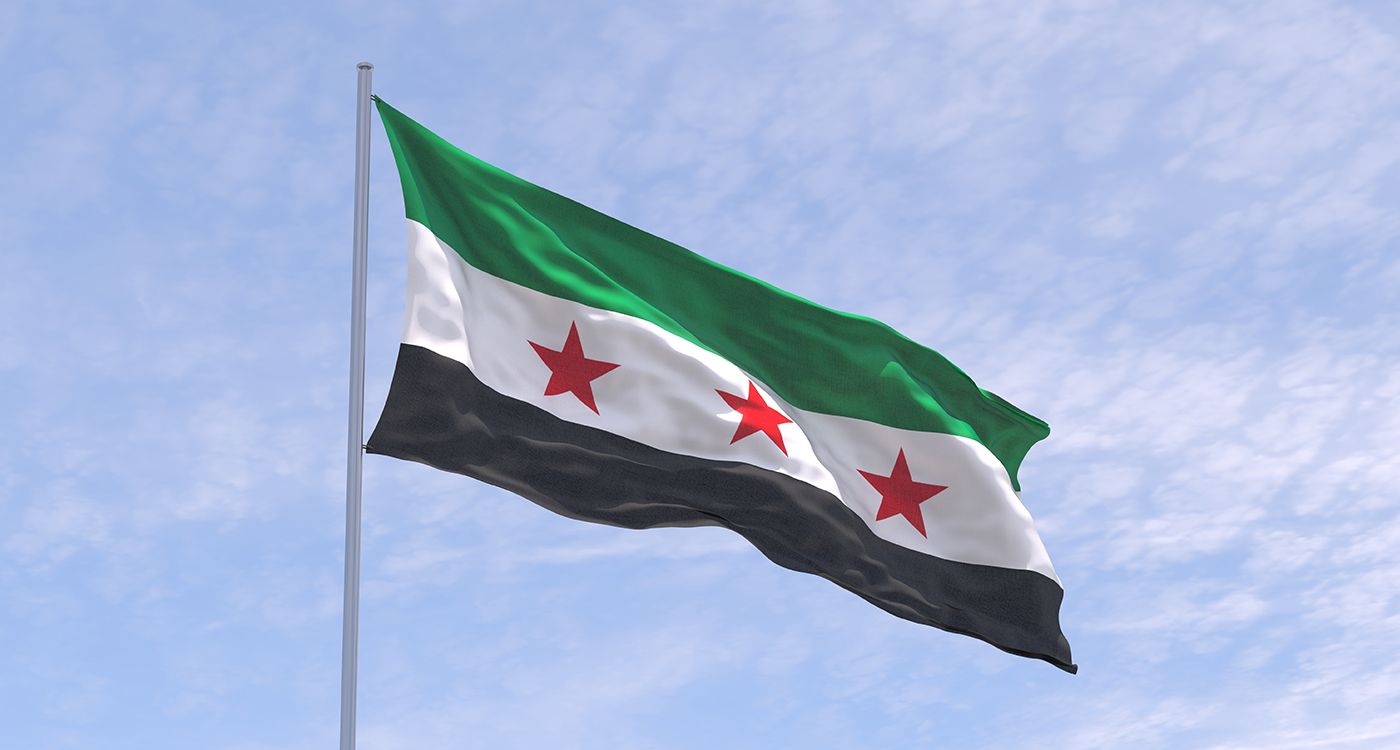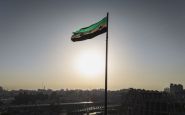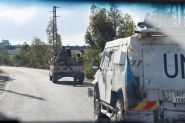- Home
- Middle East
- Reevaluating the Era of Uncertainty in Syria: Balancing Optimism and Deep Concern

©Shutterstock
The Middle East stands at a crucial crossroads, where deep-rooted conflicts and power struggles continue reverberating through the region, impacting not only its immediate neighbors but also global security and stability. In light of ongoing developments in Syria, This is Beirut features the insights of renowned US foreign relations experts, Ambassadors David Satterfield and David Schenker. Their analysis sheds light on the region's critical challenges and potential opportunities. With a new administration poised to take office, the former US Assistants Secretaries of State emphasize the necessity of reevaluating international strategies towards Syria, highlighting the complex political landscape of uncertainty and potential change. Their reflections on the changing dynamics—marked by the fall of the Assad regime, shifts in regional alliances, and the possible repercussions of emerging new leadership—paint a picture of both cautious optimism and deep concern. They underscore the roles of key players like Iran and Russia, Lebanon's ongoing struggle, and the importance of inclusivity and human rights. As the geopolitical landscape evolves, the ambassadors call for vigilance and strategic foresight to foster peace and stability in a region grappling with profound challenges.
Satterfield and Schenker emphasized the urgent need to reevaluate international approaches toward Syria. "The international community, including the United States, has for too long viewed the Assad regime as the lesser of two evils," Schenker stated. He acknowledged the political turbulence surrounding Syria's future, especially as new leadership emerges, suggesting that the country now faces an "open-ended" political landscape. Expressing concern over potential futures for Syria, he posited, "Will we face another civil war or see a landscape dominated by multiple factions and militias, similar to Libya's tragic experience?" While acknowledging that any new regime could be oppressive, Schenker asserted, "It's unlikely it could surpass the atrocities committed by the Assad regime."
Ambassador Satterfield echoed Schenker's sentiments, reflecting on recent shifts of power in Syria. He noted, "The recent events in Syria mark the end of 61 years of Baath party rule and decades of brutal governance by the Assad family. This is something to be welcomed, especially in Syria and Lebanon, which has suffered significantly." However, he expressed hesitations regarding the intentions of the new ruling entities. "There is concern among the international community regarding their behavior and intentions," he stated, highlighting the importance of commitment to inclusivity. "We welcome assurances of no discriminatory treatment of minorities or women." Despite a tone of cautious optimism, Satterfield emphasized the necessity of observing whether promises made by the new leadership would translate into tangible actions. He stated, "While hopeful, we remain cautious about making judgments without evidence."
The roles of Iran and Russia during this tumultuous period were also pivotal topics of discussion. Satterfield noted that the Movement out of Idlib significantly weakened Syrian security forces, leading to a relatively non-violent takeover of Damascus. He pointed out the considerable absence of intervention from Russia and Hezbollah during this critical phase. "It was not solely a question of the weakness of the regime's forces or the lack of will to sustain itself. It was the product of an extraordinary combination of circumstances both in and outside the region," he explained, also mentioning the disruption of Hezbollah's leadership and arsenal. Satterfield framed this as a reputational setback for Russia, stating, "Russia had invested considerable resources since 2015 in support of the Syrian regime." He elaborated on Hezbollah's restraint, suggesting, "Iran didn't act because of the other regional developments," emphasizing that both Iran and Hezbollah were wary of escalating vulnerabilities amid rising tensions with Israel.
Schenker provided further insight, outlining Syria's transformation into a fundamentally altered state that "lacks a conventional army and chemical weapons and long-range ballistic missiles." He shifted the discussion towards the roles of Iran and Hezbollah, noting, "Since 2013, Israel has actively targeted Iranian Revolutionary Guard operations in Syria along with arms shipments intended for Hezbollah." The emergence of a new Syrian government that may oppose both Iranian and Hezbollah influence could lead to "a significant cessation in the flow of Iranian arms through Syria," he stated.
As the geopolitical landscape continues to evolve, Satterfield reaffirmed the United States' unwavering support for Israel's right to self-defense amidst the ongoing regional tensions. "We fully support Israel's stance regarding their temporary presence in the UN Disengagement Observer Force (UNDOF) separation zone," he remarked, reinforcing the US commitment to Israeli security.
Schenker concluded the discussion by reflecting on the ongoing struggles in the region, particularly those faced by Lebanon. He paid tribute to the courage of those who have challenged Hezbollah, stating, "Today, I think of the brave Lebanese who challenged Hezbollah, and tragically, they are no longer with us. Their courage is something that should be recognized and remembered." He underscored the ongoing fight for freedom and democracy in the Middle East amid the rising influence of factional powers.
Schenker assessed the geopolitical ramifications of the current situation in a broader context, asserting that "Iran is the biggest loser in the current situation." He elaborated on this assertion by noting, "It has been significantly weakened by the loss of its partners and proxies, like Hamas and Hezbollah," a sentiment that highlights Iran's diminishing military capabilities as the tumult in the region unfolds.
As the situation in Syria and the surrounding regions continues to evolve, the insights shared by Satterfield and Schenker underscore the complexities of international relations and the delicate balance of power that will shape the future of the Middle East.
Read more




Comments